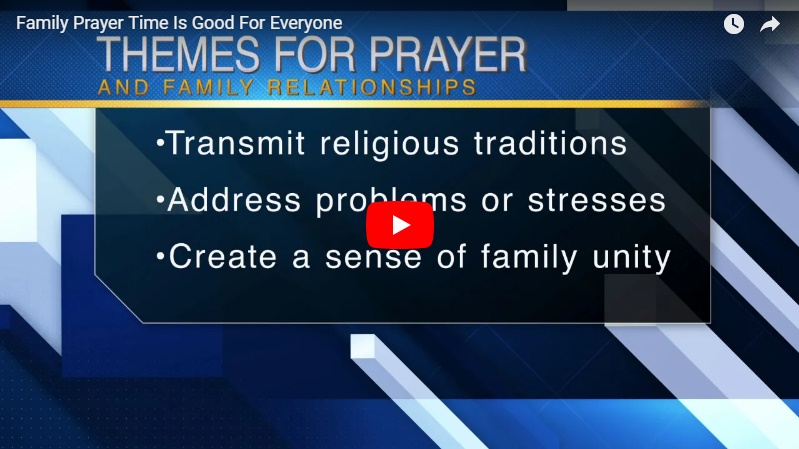Fifth Circuit Ruling Bodes Well for Pro-Life Law in Arkansas
 On Wednesday a three-judge panel from the Fifth Circuit Court of Appeals upheld a pro-life law in Louisiana that is similar to one Arkansas passed in 2015.
On Wednesday a three-judge panel from the Fifth Circuit Court of Appeals upheld a pro-life law in Louisiana that is similar to one Arkansas passed in 2015.
[The Louisiana law] requires abortion providers to have hospital admitting privileges in case patients experience emergency complications. Soon after it became law, the Louisiana abortion facility Hope Medical Group for Women and the Center for Reproductive Rights challenged it in court.
The U.S. Supreme Court struck down a similar Texas law in 2016, arguing it burdened women’s access to abortion. However, the Fifth Circuit panel said the Louisiana law is different because it “does not impose a substantial burden on a large fraction of women.”
Although pro-abortion groups have not made a clear statement, the Louisiana ruling presumably will be appealed to the full Fifth Circuit Court of Appeals.
The ruling is significant, because right now the Eighth Circuit Court of Appeals is reviewing an Arkansas law that requires abortion clinics that offer abortion drugs like RU-486 to contract with a doctor who has hospital admitting privileges.
Planned Parenthood and others have argued the Arkansas law is unconstitutional and should be struck down. The fact that federal judges have upheld a similar law in Louisiana bodes well for Arkansas.
Photo Credit: By Brian Turner (Flickr: My Trusty Gavel) [CC BY 2.0 (http://creativecommons.org/licenses/by/2.0)], via Wikimedia Commons.




 Last month
Last month